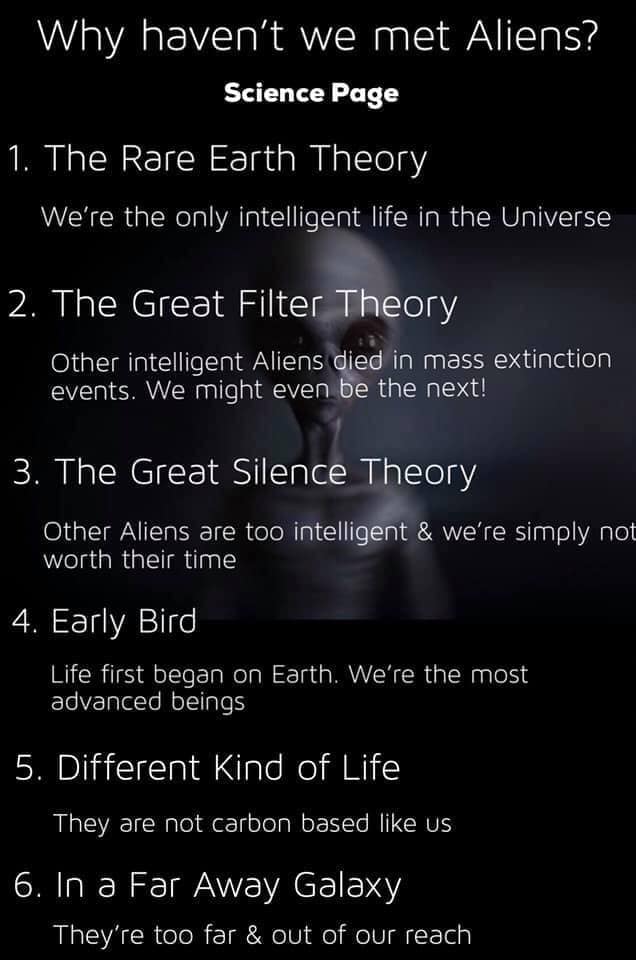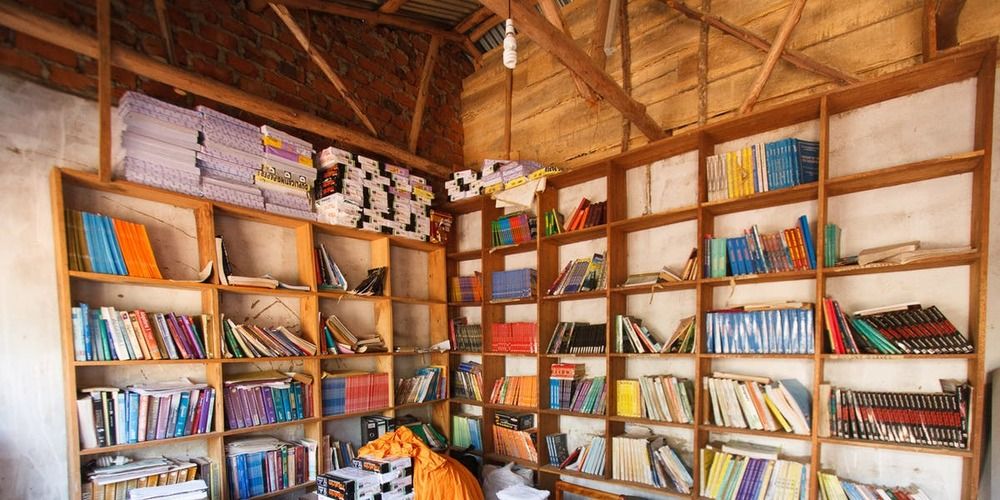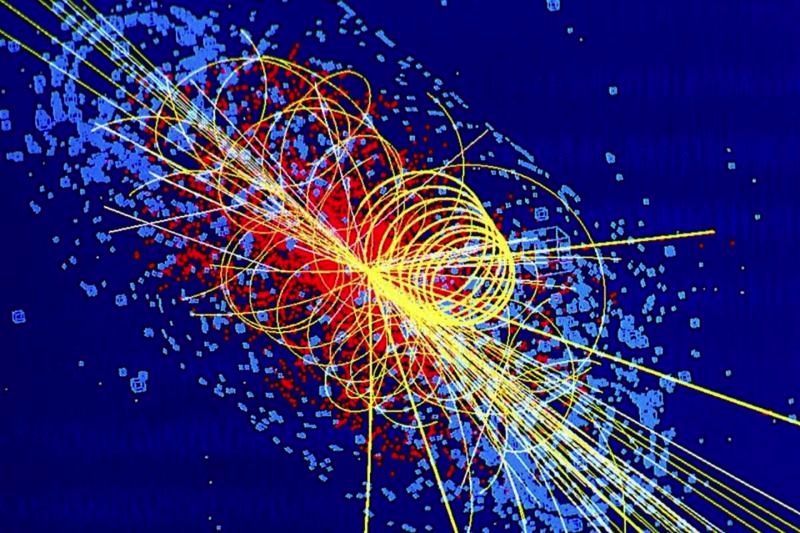Category: science – Page 99


50 Year Lie: Sugar industry blames fats
Whenever someone refers me to a story with alarming facts that should surprise or outrage any thinking human, my spider-sense is activated. Does the story make sense? Is it plausible? If the message contains evidence of being repeated (or forwarded to more than two friends), then whatever is claimed is almost certain to be false.
If the subject is important to me—or if there is any chance that it might influence my view of the world, I check it at Snopes. The reputable web site confirms or debunks many urban legends and all sorts of viral web hype.
You never know what you might learn at Snopes. You can easily be lured into a rabbit hole, digging into the site beyond whatever prompted your visit in the first place.
Fact-checking can be fun! For example:

An Atheist Ugandan Orphanage Beats Back Superstition and Zealotry With Science
The children at BiZoHa, an orphanage and school in southwest Uganda, wake up at 7 a.m. Within an hour they’re ready and dressed in their school uniforms, blue shirts with bright yellow collars and either charcoal grey pants or dresses. There are classes after that and, at 10:30, a pause for porridge, bread, and fried bananas. The day continues from there — classes, meals, play, and sleep — perfectly routine and peaceable. But in the Kasese District, a multi-ethnic region on the border of the Democratic Republic of Congo, this schedule, with all its reassuring regularity, is radical. There are no prayer breaks. There are no church services. BiZoHa, described by its backers as “the world’s first atheist orphanage,” is a humanist raft adrift a choppy sea of faith.
Whether or not BiZoHa really is the first atheist orphanage or not — any facility in North Korea could stake a claim — doesn’t much matter. To debate that point is to lose the specific context. Thanks to a missionary history and the influence of American conservative activists, Uganda is an enthusiastically, zealously religious country. It is not constitutionally Christian, but it basically functions that way, which makes the Reddit-funded orphanage something akin to a humanist fortress. And there is a distinct militarism to some of the language embraced by its teachers. Number six on the list of the school’s ten values is “NO SUPERSTITION.” Students who see those words know that they are a reminder to “Rely on Reason, Logic, and Science to understand the universe and to solve life’s problems.”
It’s a hallowed lesson to BiZoHa’s founding director, Bwambale Robert Musubaho. A Ugandan orphaned at five, Musubaho was raised by his grandmother and eventually graduated from college with a diploma in Biological Sciences. Frustrated by what he saw as hypocrisy among believers, Musubaho stepped back from religion in the late 1980s. But he still took inspiration from the religious people he saw around him, specifically the missionaries. He became an atheist, a homegrown Richard Dawkins preaching good works and good, solid reasoning. After many years, he found the word for what he was on the internet and declared himself a humanist.
2019 In Science
From the first black hole image to the first image of quantum entanglement, mankind achieved a lot in 2019!



Science is catching up once again!
We are thrilled to announce the findings of the latest research study from Amsterdam Medical Center about the impact of the Wim Hof Method on auto-immune disease. The results are truly impressive. A new milestone has been reached! Shedding light on our human potential. Stay Happy, Strong and Healthy & Make sure to check out the FULL VIDEO and learn all about this latest study at the link below: http://ow.ly/kcSg50xtwfW… #iceman #wimhof #science #research #study #inflammation #immunesystem #breath #cold #mindset #wimhofmethod #stronghappyhealthy